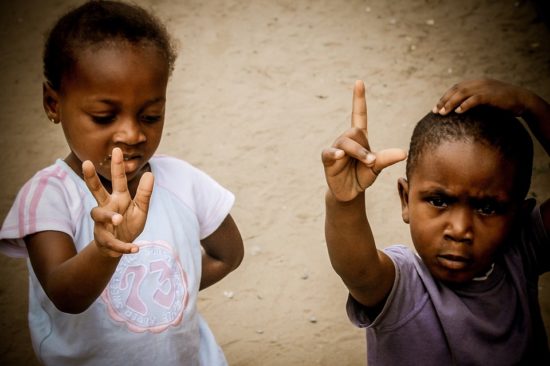Scientists around the world are already fighting the next pandemic
If a two-year-old child living in poverty in India or Bangladesh gets sick with a common bacterial infection, there is more than a 50% chance an antibiotic treatment will fail. Somehow the child has acquired an antibiotic resistant infection – even to drugs to which they may never have been exposed. How?
Unfortunately, this child also lives in a place with limited clean water and less waste management, bringing them into frequent contact with faecal matter. This means they are regularly exposed to millions of resistant genes and bacteria, including potentially untreatable superbugs. This sad story is shockingly common, especially in places where pollution is rampant and clean water is limited.
AMR NEWS
Your Biweekly Source for Global AMR Insights!
Stay informed with the essential newsletter that brings together all the latest One Health news on antimicrobial resistance. Delivered straight to your inbox every two weeks, AMR NEWS provides a curated selection of international insights, key publications, and the latest updates in the fight against AMR.
Don’t miss out on staying ahead in the global AMR movement—subscribe now!







